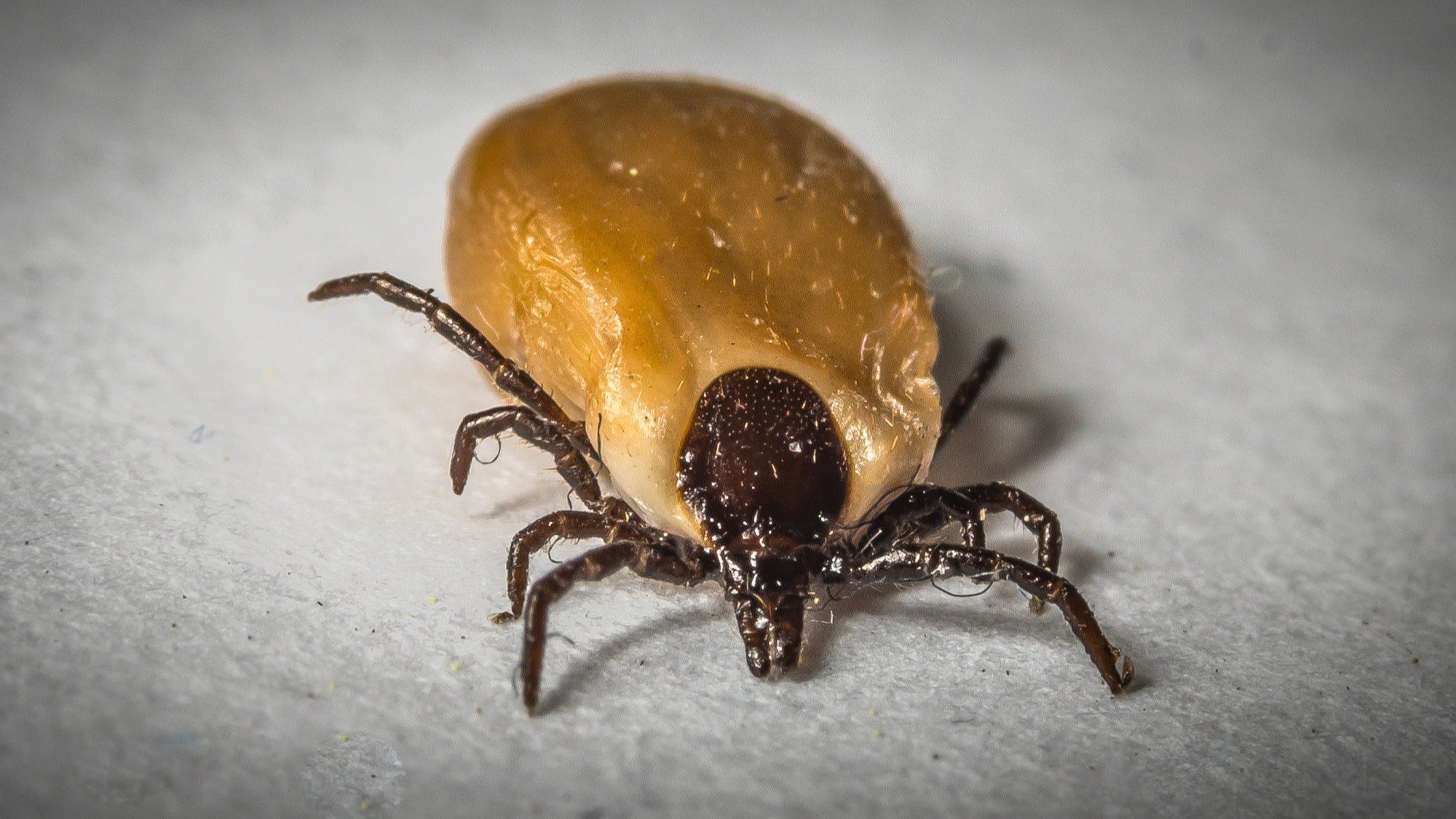4 Tips to Protect Yourself From Contracting Babesiosis & Other Tick-Borne Infections
Sep 05, 2023
Over the last decade, the cases of babesiosis have steadily increased, going from just over 1,100 in 2011 to over 2,400 in 2019. This should be cause for concern, as it's becoming more widespread.
Babesiosis is a disease caused by Babesia parasites, and it's the most common Lyme co-infection. In fact, it may even be more widespread, considering that most studies only count B. microti cases. There are other species infecting us at much higher rates.
So how can you protect yourself from contracting babesiosis this summer? Read on for four tips.
1. Wear Protective Clothing
Babesia are parasites found on ticks, so the main way to protect yourself against babesiosis is to prevent tick bites. One way to do so is to avoid going into the forest, but if you must, then you should wear protective clothing.
Opt for long-sleeved shirts and long pants, which you should tuck into your socks or shoes. You should also wear closed shoes so ticks can't get onto your toes and feet.
It's best if you wear light-colored clothing too. It'll be easier to spot ticks, should they cling to you while you're out.
2. Use Insect Repellent
Before you go outside, you should apply effective insect repellent that has at least 20% DEET or picaridin. Make sure your exposed skin and clothing are covered.
If you don't feel comfortable using DEET, there are natural tick repellents you can use too.
Keep in mind that while they're repellents, they won't prevent all tick bites. However, you'll keep ticks away and reduce the risk of bites.
3. Perform Regular Tick Checks
When you get home, you should perform a thorough tick check before heading inside. Check not only your body and clothing but also your gear.
Pay particular attention to hidden areas, such as your scalp, armpits, groin, and behind the knees. Should you find ticks, carefully remove them with tweezers, then clean the area with soap and water.
4. Protect Your Pets
If you bring your pets out with you, or you live in the forest and your pets live outside, then you'll need to protect them too.
Ask your veterinarian for the best tick preventives and apply them as directed for disease prevention. Your pets will be protected from tick-borne diseases.
In addition, you should regularly check your pets for ticks after they've been outdoors. This can promote healthy living, as it'll prevent ticks from entering your indoor spaces and potentially biting you.
Stay Safe From Babesiosis
Babesiosis can be asymptomatic for up to 20% of adults and 50% of children. However, chronic babesiosis can have symptoms of night sweats, paresthesias, headache, bone pain, anxiety, depression, brain fog, and more. It can also be a co-infection for pediatric acute-onset neuropsychiatric syndrome (PANS).
At our practice, we use botanicals and herbal medicines that have shown promise in treatment efficacy, which is beneficial since current antibiotic treatments may have unwanted side effects and treatment failures.
If you suspect you have babesiosis, then make an appointment at our practice. Also, find out more through our membership program.



